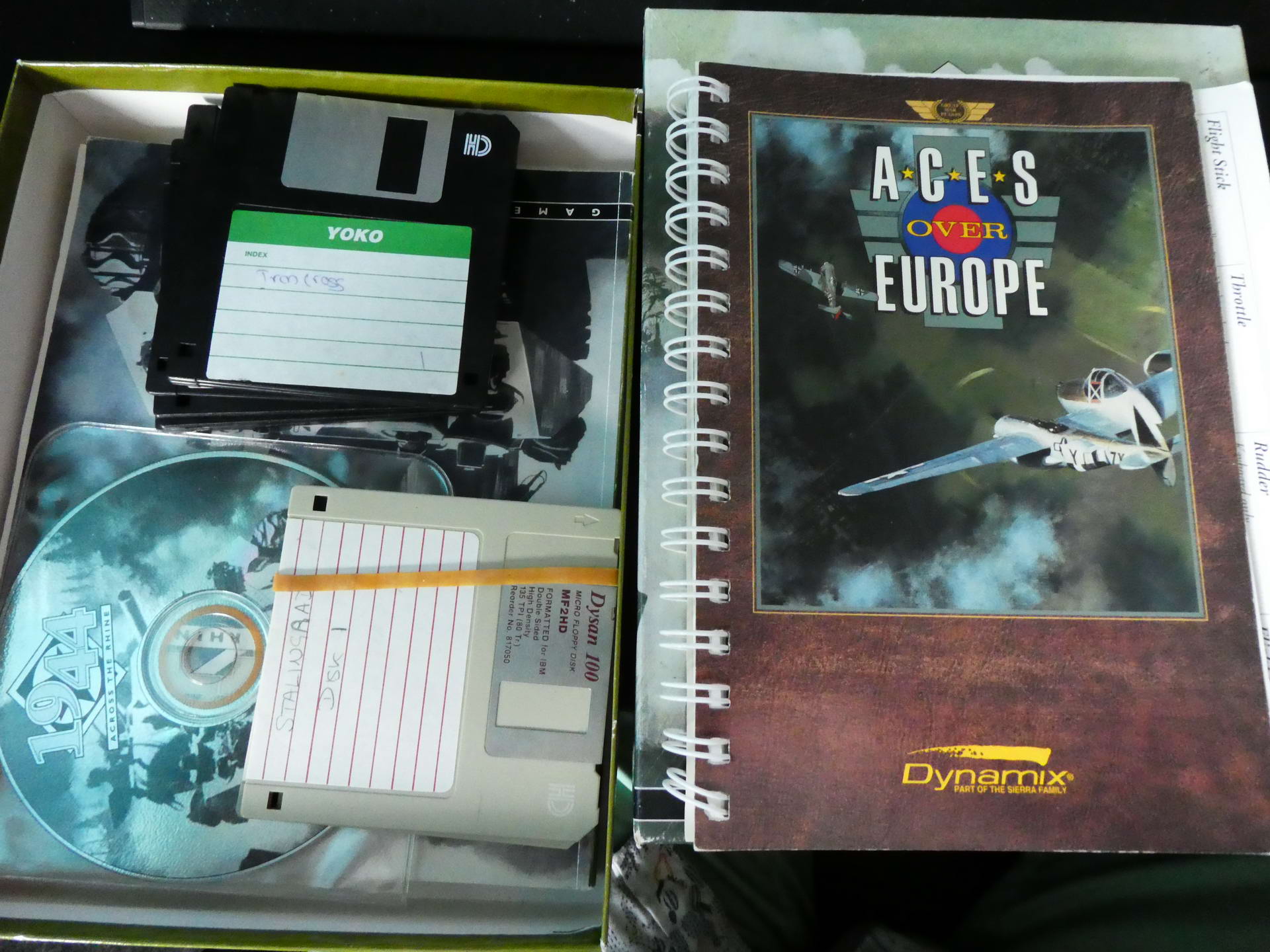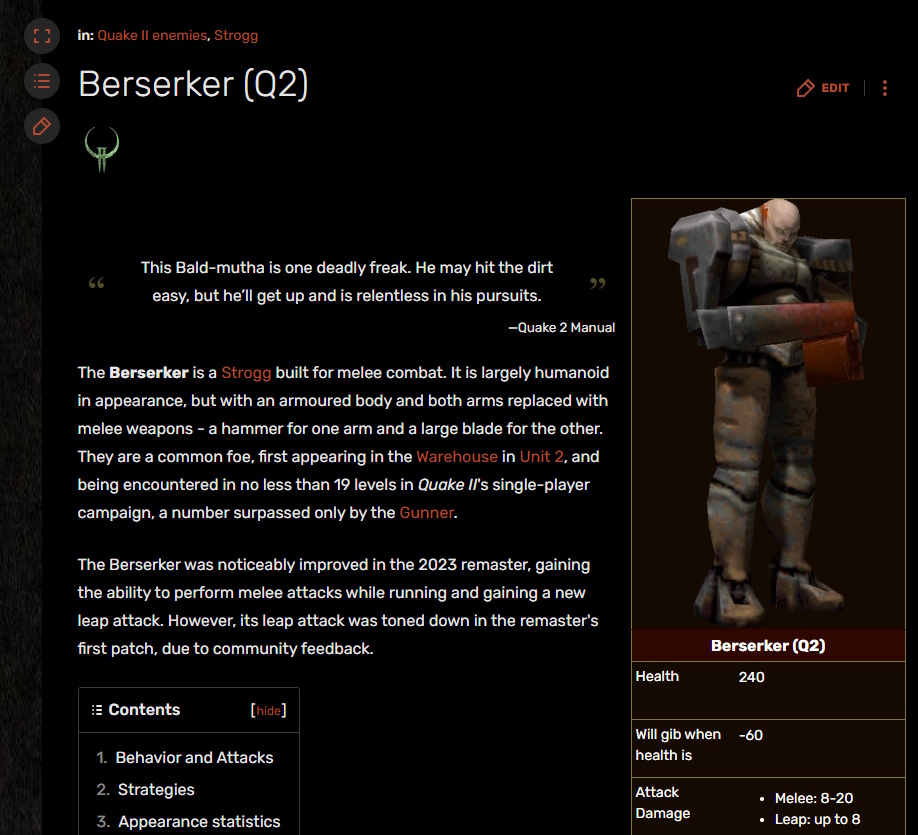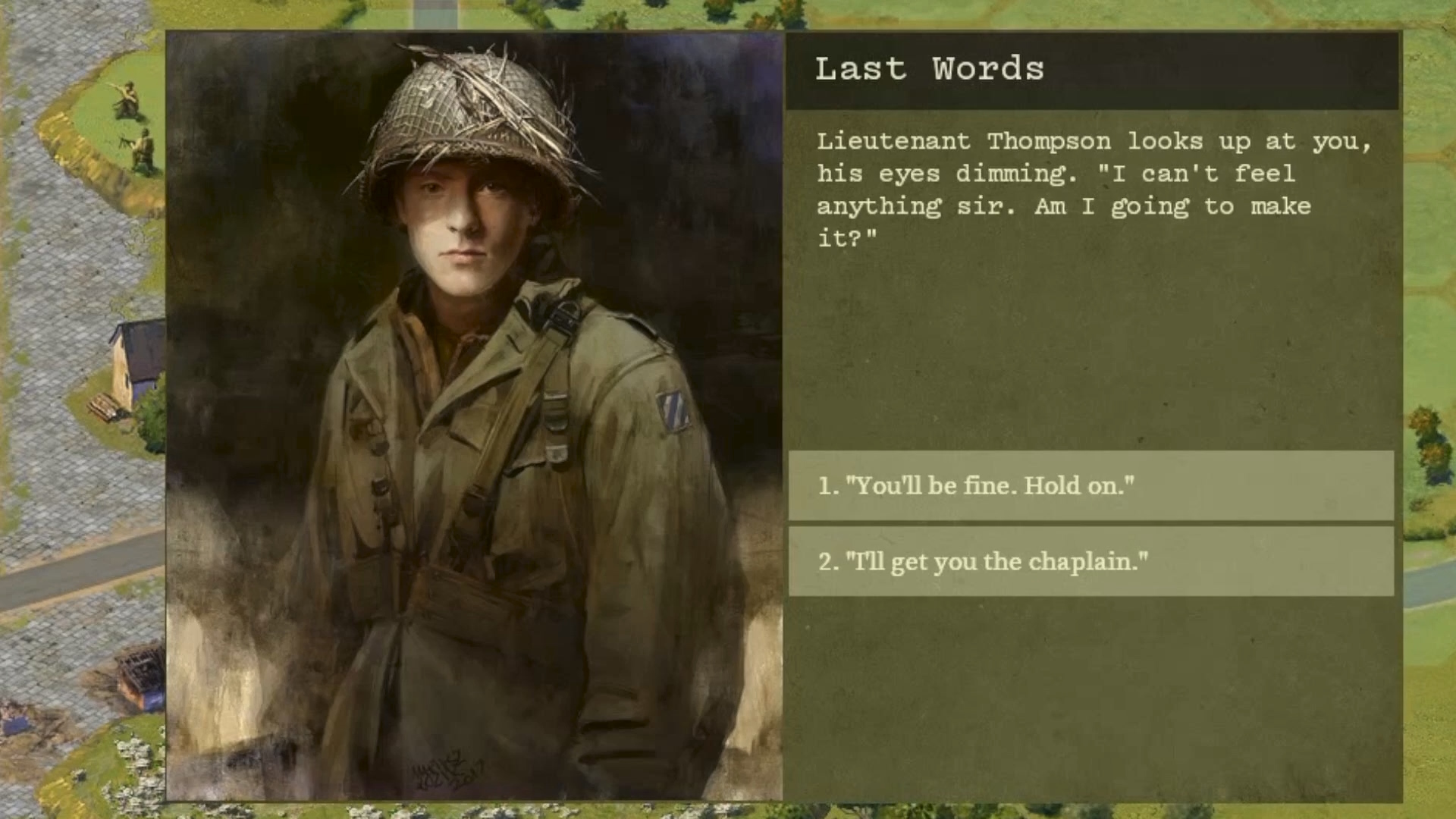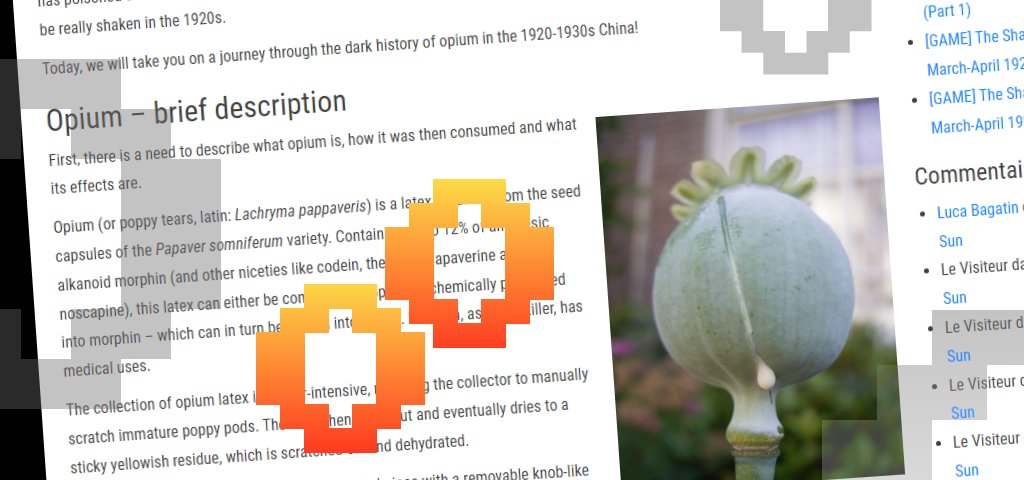Over the past couple of decades numerous words have been written about the disappearance of the lavish printed game manual, but until this Open October submission from Cornerite Tom Goodfellow (aka Wilson) landed on my desk, the idea that we had a passable substitute in our midst had never occurred to me.
(Disclosure: Tom was involved in the marketing for Isonzo, a title briefly mentioned below)
One of the casualties following the rise of digital storefronts has been the chunky physical manual. I still remember my dad’s copy of the M1 Tank Platoon manual – a solid 205 page brick of arcane tank knowledge – or so I imagined. I never read it because I was only 5 or 6. Much the same went for the intriguingly ring bindered accompaniment to Aces Over Europe.


^ You can see this fan wiki page has much more in-depth info on the strengths and weaknesses of different enemies, and can make for some interesting reading.
In the everything online age only one thing reliably scratches my itch for wordy game information: developer diaries. These can range from the longish, technically detailed posts put out by Paradox where they even respond to player queries in the comments, to more thematic writeups like this one from my favourite strategy series which covers the Imperial Sunrise scenario that Tim highlighted previously.

- Burden of Command – another one of their blogs, this time about language, word choice, and how to implement player communication.
- Cantata – a bold discussion of a major gameplay design change, exactly the kind of thing you can’t find anywhere else.
- Workers and Resources: Soviet Republic – this blog on waste management also include a variety of other little additions and plenty of screenshots. Overall I find their blogs to be a great balance of text, visuals, features and design theory discussion.
- Isonzo – lots of nice gifs and a video flying over a new map, but not much juicy dev or design info.
- Strategic Command: American Civil War – a nice discussion of scenarios in a DLC, with more gameplay info and design choice reasoning than the one I linked above.


One of my favourites are the ‘milestone’ updates from Eugen for Warno.
All their game updates are named after military commanders from the Napoleonic wars (interestingly enough, the game is not avout that period of time). About half of the update is a tiny history lesson and the rest is patch notes and futures about the game.
The latest for example is named after ‘Marshal Brune’.
Oh I can’t believe I forgot Eugen! I really liked their updates and previews for the Wargame series, and some of the Steel Division ones were good too. A nice mix of history and game info as you say. I’ve got some reading to do on Warno then 🙂
Good article and thanks for the links. Burden of Command looks so interesting.
It could be really special, but they’ve set themselves a tough task. I’m hopeful 🙂
I miss those big old manuals of yore. Plus the maps and other stuff you’d often get in those big boxes. I have an old copy of the OG Red Baron with basic maps of each section of front you could fly around. Quite rudimentary but appreciated. Falcon 4.0 had a nice big map of Korea included in the box as well which was really well done. Not quite the same looking at a PDF or whatever. I read through some of those dev diary examples and they were pretty good. Those old sims often came with nice history sections as well that could run into tripple digit pages.
I often read the Paradox CK3 ones, they can get quite detailed which is good, but also they seem to fail to explain things in game when they release new updates, expecting people to have read the diaries, so bit of a mixed bag really.
Of course some devs have dev diaries that are pretty bad, Microsoft Flight Simulator for example. Their weekly ‘dev’ updates are basically just a couple paragraphs of some very careful PR plus a a sales pitch for all the stuff added that week to the in-game marketplace.
Also I can’t wait for Burden of Command!
Yeah, there’s nothing like those old manuals. Maybe strategy guides or game artbooks? I think it’s not the same though.
Regarding the Paradox dev diaries you make an interesting point about the detail of the diaries versus what you get in-game. I wonder if a canny dev could write out a big manual chunks at a time while releasing it in the form of dev diaries? Except that things change too much during dev for it all to stay relevant probably…
Thanks for the kind worlds Tim! Also Pollux, Wilson, Goodenough 🙂
Dev Blogs take a lot of effort unfortunately. And as a small indie we are always balancing bang for buck. From a small indie standpoint I can put a dev blog out or I can put a YT dev video out (we have a YT channel with 92 videos each 1-2 minutes login). Each takes similar effort… around 1/2 day (maybe bit more for dev blogs). The realities are that the YT videos get more views. So bang for buck. Paradox can afford to hit all bases. Every time I do a ‘dev blog’ or video it takes away from coding 🙁 So I have to triage.
On the upside in terms of design dives in depth, just did a talk on the marriage of cardboard and digital in Burden on Georgetown wargaming society YT channel. But plenty of verbal words Tim 😉
I miss the written manuals too BTW. Still have a few around (Steel Panthers, Campaign Series, Fallout 2, Wizardry 🙂 ).
Luke (lead Burden of Command)
p.s. We are in Alpha right now. Steady small groups of playtesters going through campaign in cycles. Heading towards beta… So we are getting there.
I totally understand putting your resources where the views are! I’m under no illusions about the general balance of how many people favour reading versus watching stuff, certainly in the gaming space. And it takes a lot of time + effort for sure. I’ve seen and enjoyed your Twitter posts with little dev snippets as well.
Will definitely check out the YouTube channel and the Georgetown talk. As you say, verbal words are words too, haha. Hope the alpha testing is going well 🙂
So far everything I hear and read only sounds more promising!
Thank you Wilson for keeping the faith. I can see the light at the end of the tunnel now (crawls another step forward 😉)
Luke
The ai war2 dev comments were often so long and detailed I often wondered if they had time to do any coding.
Hahaha very true, I found them a mixed bag: some of it was too technical or needed a bit too much deep knowledge of how the game plays for me to fully appreciate them, but there were also some great parts about design and when they were making changes to their original plan for 2 as compared to 1. Still, great example of chunky dev diaries for sure!